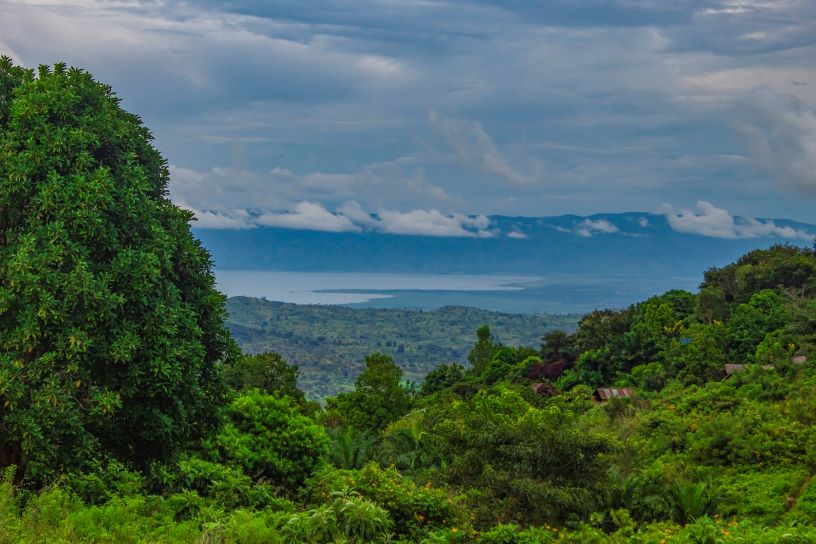Quaker work on conflict minerals reaches UK parliament
Help ensure the people of the Democratic Republic of Congo (DRC) benefit from the minerals mined in their own country, Quakers urged in parliament last week.

Quaker Sandra Dutson of the Conflict Minerals Campaign (CMC) told the panel meeting on 16 May, hosted by James Murray MP, that any efforts to improve conditions for Congolese people must be supportive.
Local people must be involved in any work, and rather than ruling out trading with particular mining companies, support should be given to raising standards, she said.
The DRC is rich in minerals, especially those used in 'green transition' technologies, such as electric cars, but instead of benefiting from this wealth, its people are killed and displaced by fighting over these 'conflict minerals'.
Complicated supply lines, including through Rwanda and China, along with poor governance and poor infrastructure make it difficult to impose conditions on mining companies.
Lyn Brown MP, shadow minister for Africa, noted the high proportion of the world's supply in cobalt and copper which come from the DRC and stressed their importance in reaching net zero.
She discussed the conflict in the eastern DRC, where Rwanda-backed armed militia group M23 seizes mines and exports the minerals to Rwanda where they are relabeled as coming from Rwanda.
Quaker organisation CMC works in both the DRC and the UK to try and ensure the Congolese receive the benefit of their mineral wealth.
Work in the DRC includes research into gold and tin mining in DRC provinces North and South Kivu where mining is carried out not only by international companies, but by artisanal miners organised into co-operatives.
These miners, while struggling with little equipment and low safety standards, provide more local employment – and therefore more benefit to communities – than the international companies.
CMC work in the DRC includes bringing groups together including artisanal miners, residents, village councils, and extractive companies, increasing awareness of mining law, and campaigning.